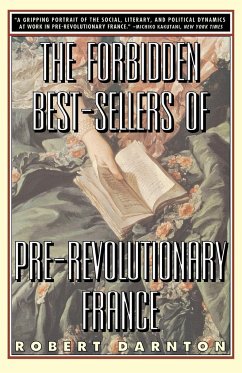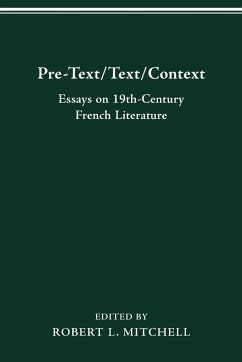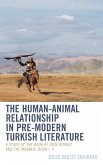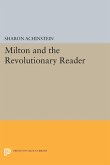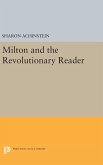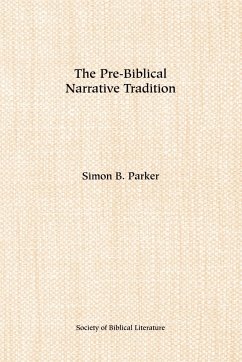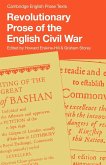His latest book vibrates with the strange political and literary energies of ancien régime France. The Forbidden Best-Sellers of Pre-Revolutionary France traces the merging of philosophical, sexual, and anti-monarchical interests into the pulp fiction of the 1780s, banned books that make fascinating reading more than two centuries later. French literature of the eighteenth century means to us today Rousseau and Voltaire and the "classic" texts that, we imagine, gave rise to the Revolution. Yet very few of the standard works of the Enlightenment were as widely read as books whose names we have never heard, books that were the currency of a huge literary underground during the reign of Louis XVI. Included in this volume are Darnton's translations of excerpts from three of these works. After twenty-five years of research, Darnton has summarized his findings in one brilliant work that examines the reciprocal relationship between private literature and the public world, the (illegal) spread of Enlightenment thought, and the interesting possibility that the writings of some not-so-famous authors contributed to the fall of the French aristocracy.
Hinweis: Dieser Artikel kann nur an eine deutsche Lieferadresse ausgeliefert werden.
Hinweis: Dieser Artikel kann nur an eine deutsche Lieferadresse ausgeliefert werden.

